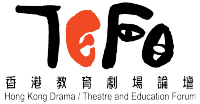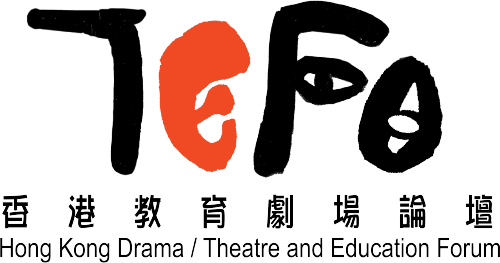| Author | Yi-man Au |
| auyiman@ymail.com | |
| Academic Level | PhD |
| Affiliation | University of Melbourne |
| Thesis Language | English |
APA Citation
Au, Y (2016). Changing Practice?−Exploring the potential contribution of applied theatre training to capacity building for NGO workers in China [Doctoral dissertation, The University of Melbourne].
Abstract
There has been a rapid growth in civil society in China, as a consequence of economic reform and the opportunities created by political reform in the early nineties. In the last 20 years, the number of non-governmental organisations (NGOs) has significantly expanded. The increasing workforce in the field creates a demand for training. Research shows that more than 10,000 NGO workers attend different kinds of courses for capacity building each year in China. With this background, applied theatre has been introduced, as one approach to training, into the NGO capacity building program in China. However, there is lack of research on how applied theatre training can contribute to the profession of NGO workers. This study aims to investigate its impact on NGO workers’ capacity building through designing, implementing and analysing an applied theatre training workshop.
This study adopts a blend of reflective practitioner research and action research as methodology centring on an applied theatre training workshop with a group of Chinese NGO workers. It draws from adult education literature in the area of experiential theories of adult learning and pedagogy, and the growing literature related to applied theatre and drama education. Both of these literatures raise theoretical issues concerning holistic learning and mindful and reflective practice, and a wide range of relevant categorisations of learning paradigms, fields and modes is canvassed. The research addresses the following key questions raised initially from previous practice:
Does applied theatre training contribute to capacity building for NGO workers in China? If so, how, and what factors might support or inhibit its effective application?
As a practitioner-researcher, I designed and conducted a series of workshops with a group of 24 NGO workers in southern China over ten weeks from March to May in 2011, which were divided into three phases. Based on my understanding of the potential application of applied theatre in Chinese NGOs according to my previous field experience, I selected three genres (Theatre of the Oppressed, Process Drama and Participatory Theatre) to introduce in this training workshop, one in each phase. A number of qualitative data collection procedures, which served both teaching and research purposes, were employed at different periods of time. The data sets were coded and analysed through mixed methods and coding, entailing some aspects of a grounded theory approach, as well as strategies like content and narrative analysis. This unusually diverse range of strategies was used in order to track and make sense of the multiple levels of meaning emerging from participants’ verbal and nonverbal data generated in the study.
The study identifies three categories of learner based on different levels of prior applied theatre experience. It reveals the distinct differences in the participants’ response to applied theatre learning, according to their previous experience and the explicit benefits to the participants’ personal, pedagogical and reflective learning (i.e. generic learnings). It seeks to deconstruct the applied theatre training workshop experience in order to explore different kinds of learning generated and their relationship to each other in the process. On examining the participants’ learning in the experience by using John Heron’s experiential learning model, it emerged that a blend of experiential, presentational, propositional and practical knowing/learning in applied theatre learning experience had become embedded. Each kind of knowing/learning built a specific kind of capacity to learn which strongly supported the learner’s construction of three different kinds of generic learning.
The findings underpin that the accumulation of applied theatre learning experience for developing frames of reference was significant in the growth of an applied theatre practitioner. The study goes on to map how the generic learning generated in the training workshop plays the most critical role in enhancing the learner’s agency, both personal and professional, in order to sustain their practice and learning in applied theatre and improve their capacity as NGO workers. It also suggests that the facilitator’s own theory and understanding of practice need to be carefully considered, planned for and managed within the training process.
Tags:






